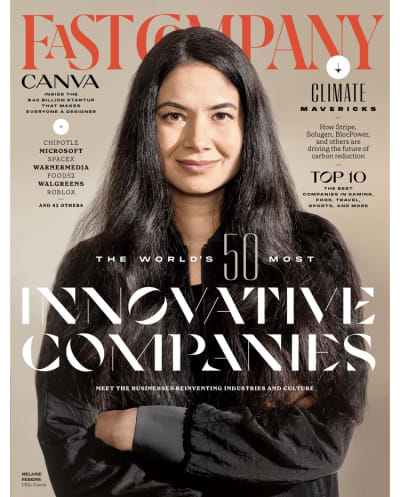My least favorite brag from people at work is when someone says “I always give 110%.” Leaving aside the bad math, this boast suggests that the best way to be effective at work is to put in your full effort on every project all of the time.
听起来不错,这只是错误的。
Generating high quality work requires giving that work your full attention and then working on it for long enough that you do an excellent job. Working on a particular report, for example, you might put together data for it, make some graphs, and then write a summary. After that, you might read it over and edit the document and polish your prose. Each of those steps is time-consuming.
不幸的是,时间是一个有限的资源,它创造了一个opportunity cost。机会成本是经济学家以另一种方式花费的资源所做的事情的名字。您投入一个特定项目的时间本可以花在您的待办事项清单上的其他事情上,但是您选择将它们花在该项目上。
还有摩擦。
Every project you do at work needs to be effective, but not every project needs to be perfect. An email you send to a close colleague at your level of the organization can be a partial sentence with typos in it and it will still elicit the desired response without damaging the relationship. A note to your boss might need to be written a little more carefully. A presentation to a potential new client had better be polished to a high gloss.
That is, the key to success at work is solving what researchers John Payne, James Bettman, and Eric Johnson called theeffort-accuracy tradeoff。You have lots of strategies you can use to complete a task at work. Some involve more work and time than others. The more effortful strategies generally lead to better results than the less effortful strategies.
To maximize your productivity, you need to learn which assignments you are given require your best effort, which require a decent effort, and which can be dashed off. That is, you need to learn to give 10% to the tasks that require 10%, 50% to those that require 50%, and reserve your “110% effort” for the tasks that really deserve it.
Of course, in order to master this effort-accuracy tradeoff, you have to focus some effort on how you resolve that tradeoff. Talk to your colleagues about which projects really require your best self and which ones just need to be completed. Every once in a while, you’ll also make some mistakes. If you always turn in products that are completely acceptable, then you’re probably putting in too much effort on everything you do. Every so often, you’re going to have to put in too little effort and have to redo something (or suffer a consequence) in order to determine where the line is between too much effort and too little. While making mistakes is never comfortable, being able to get more work done in the long-run is worth a few hiccups along the way.

